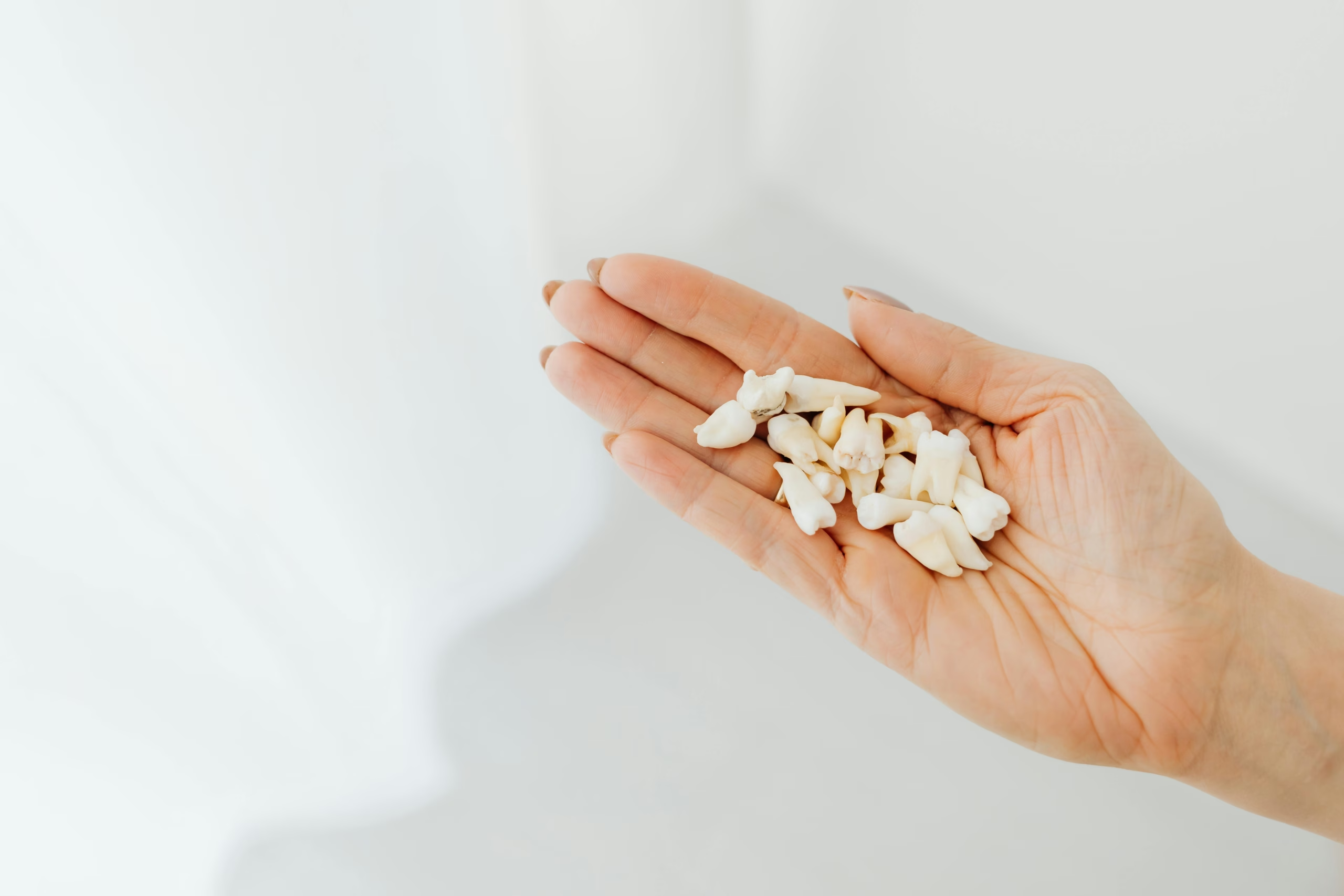Home Remedies On How To Deal With Toothache

A toothache can be caused by anything from a popcorn hull stuck in your gum to a broken tooth or a bacterial infection. Some toothaches may come from temporary gum irritation. But serious toothaches need treatment by a dental professional to resolve the pain and whatever problem is causing it. The obvious solution to any type of dental pain is to see a dentist as soon as possible. When you can’t get to your dentist right away, however, you may have to endure some amount of discomfort in the meantime. The following tips can help you minimize a toothache while you wait for your dental appointment.
What is a toothache?
A toothache is a pain in or around a tooth. Minor toothaches can come from a temporary gum irritation that you can treat at home. More serious toothaches are caused by dental and mouth problems that won’t get better on their own and will need to be treated by a dentist. Oral pain can be caused by a variety of serious issues, including tooth decay, a damaged filling, a tooth fracture, infected gums or an abscessed tooth.
Toothaches can be very painful because the pulp inside your tooth is soft material filled with nerves, tissues and blood vessels. These pulp nerves are among the most sensitive in your body. When these nerves are irritated or infected by bacteria (abscess), they can cause severe pain.
Possible causes of toothache:
- Tooth decay.
- Abscessed tooth (a bacterial infection inside the center of the tooth).
- Tooth fracture (broken tooth).
- Repetitive motions, such as chewing gum or grinding or clenching teeth. These motions can wear down your teeth.
- Infected gums.
- A damaged filling.
- Eruption (teeth coming out of the gums) or removal of a tooth (for example, wisdom teeth).
Whatever the cause of your dental pain, it’s important to visit your local dentist for an evaluation. That said, if you suspect your dental pain is caused by a cavity or minor fracture, you can use the following strategies to minimize pain until you are able to see a professional.
1. Salt water rinse
Saltwater can loosen debris between your teeth, act as a disinfectant and reduce inflammation. It can also help reduce inflammation and heal any oral wounds. Stir a ½ teaspoon of salt into a glass of warm water and rinse your mouth thoroughly.
2. Oral pain medication
Taking over-the-counter pain medications such as paracetamol or ibuprofen is a quick, simple way for many people to effectively reduce mild-to-moderate toothaches. Always stay within the recommended dosage on the packaging, and if the toothache is severe, it’s best to see a dentist and speak to them about stronger pain relievers.
3. Apply a cold compress
In general, there are two ways to stop or blunt toothache pain. The first involves reducing inflammation, while the second centers on interrupting the signals from the injury to the brain. You can accomplish the first goal by applying a cold pack or bag of frozen vegetables to the side of your face for 20 minutes at a time. Just be sure to use a piece of cloth as a buffer, so you don’t accidentally damage your skin. This can help alleviate discomfort by blunting pain and reducing swelling.
4. Hydrogen peroxide rinse
A hydrogen peroxide (3% solution) helps to reduce inflammation and pain. In addition to killing bacteria, hydrogen peroxide can reduce plaque and heal bleeding gums. Dilute the hydrogen peroxide with equal parts water and rinse thoroughly. Ensure you don’t swallow it.
5. Elevation
Pooling blood in the head may cause additional pain and inflammation. For some people, elevating the head with an extra pillow or two may relieve the pain enough for them to fall asleep.
6. Use a hot pack
You can reduce discomfort by applying a hot pack to the side of your jaw. If you don’t have a hot pack, you can make one by filling a clean sock with rice and tying one end. Then, place the rice-filled sock in the microwave and heat it for a couple of minutes. The heat from the pack will help interrupt pain signals from your mouth to your brain.
7. Peppermint tea bags
Peppermint tea bags can be used as an herbal remedy to numb pain and soothe sensitive gums. Allow a used tea bag to cool down a little before applying it to the affected area (it should still be slightly warm.) You can also use this method to cool, rather than warm, the area. To do this, put a used tea bag in the freezer for a couple of minutes to chill it and then apply the bag to your tooth.
8. Medicated ointments
Some medicated ointments may also help reduce toothache pain. Over the counter numbing gels and ointments may help pain by numbing the area. However, some of these won’t be suitable for young children.
9. Garlic
For thousands of years, garlic has been used for its medicinal properties. In addition to killing potentially harmful bacteria, it can also act as a pain reliever. To use garlic for toothaches, crush a clove to create a sticky paste and apply it to the affected area. Alternatively, you can chew a clove of fresh garlic and spit it out afterwards.
10. Vanilla extract
The alcohol in vanilla extract numbs pain temporarily and its antioxidants help the area heal. Use your fingertips or cotton balls to apply the extract to the tooth and gum a few times a day.
11. Clove
Clove has been used to treat toothaches throughout history. The oil can effectively numb the pain and reduce inflammation as it contains eugenol, which is a natural antiseptic.
To use this approach, dilute clove oil with a carrier oil, like sunflower or jojoba oil. Use a ratio of about 15 drops of clove oil to one ounce of carrier oil. Then, dab a small amount of the diluted oil onto a cotton ball and apply it to the affected area a few times a day. Alternatively, can also add a drop of clove oil to a small glass of water and make a mouthwash.
12. Rinse with a guava mouthwash
Known for their anti-inflammatory properties, guava leaves also have antimicrobial traits that can blunt pain and sterilize oral wounds. You can either chew on fresh guava leaves or boil crushed leaves in water to make a mouthwash.
13. Thyme
Thyme also has powerful antibacterial and antioxidant properties that can help to treat toothaches. It can even help fight bacteria that contributes to tooth decay. To use this, dilute thyme essential oil with a carrier oil, and then apply it to the affected area. You can also add a drop of the oil to a small glass of water and make a mouthwash.
Talk to Toothfairy
If you’re suffering from a toothache or any form of dental pain, book an emergency appointment with Toothfairy today: www.toothfairyapp.co.uk/emergency-dentist
Last updated on February 21, 2024

Toothfairy Care Team
Toothfairy, is the world's smartest dental app, that connects patients to a dentist for a range of issues, from emergencies, cosmetics, prescriptions to virtual exams.
Toothfairy Care Team
Toothfairy, is the world's smartest dental app, that connects patients to a dentist for a range of issues, from emergencies, cosmetics, prescriptions to virtual exams.





